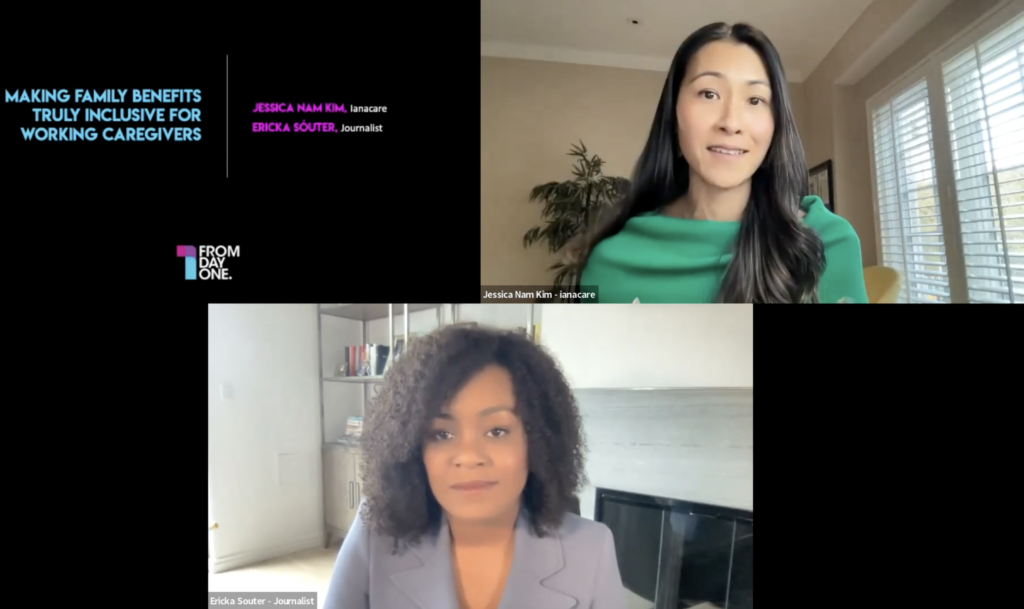Revolutionizing Mental Health in the Workplace: The Power of Psychedelic-Assisted Therapies
With heightened isolation during the pandemic, mental health conditions like anxiety and depression saw an increase, leading to a surge in mental health care spending and usage. Today, ninety percent of the public state they believe there is a mental health crisis in the U.S., showing the continual relevance and demand for mental health care.Talk therapy or medications like antidepressants are commonly used in treating mental health conditions but studies have shown these treatments may not work for everybody. For example, in one study, researchers found antidepressants only worked for 15% of the participants.Sherry Rais, CEO and co-founder of Enthea is working to change the healthcare industry and revolutionize effective treatment. Enthea is currently the sole healthcare partner offering psychedelic healthcare as a workplace benefit and recently won the 2023 Global Recognition Award for being a transformative pioneer in the medical field.For Rais, Enthea is only the beginning of a well-needed change to the mental health care space. In a thought leadership spotlight at From Day One’s April virtual conference, Rais spoke about the promising results Enthea has seen and how psychedelic healthcare can be a win for both employers and employees.Gaps in Traditional Mental Health Care TreatmentsIneffective treatments, dangerous withdrawal symptoms, and relapses are all reasons for the need for change in traditional mental health care treatments, Rais says.“20-60% of people with a significant mental health condition are actually treatment resistant, so anything that we have to offer them from traditional methods, to talk therapy and antidepressants, won’t work on them,” Rais said.The National Alliance on Mental Illness estimates untreated mental illness can cost up to $300 billion annually, an expensive cost for employers, and can result in lost productivity, absenteeism, and turnovers.Sherry Rais of Enthea led the virtual thought leadership spotlight“Employers have improved their mental health offerings in the U.S., yet employees still say that they’re not getting the mental health care they need. There is this disconnect,” Rais said. “It’s like a broken system, we’re spending more but people are not getting better. This is where ketamine and psychedelic therapy can play a huge role for these treatment-resistant populations as they work differently.”Psychedelic therapy has been shown to bring promising results. A single dose of a psychedelic drug can have a long-lasting impact on mental health disorders like depression and PTSD. Additionally, people who undergo psychedelic therapy can see results in as little as one session.“We have a lot of people in the construction industry who deal with high rates of suicide, and a psychedelic drug like ketamine is one of the only substances that reduces suicidal ideation quickly,” Rais said. “A drug like ketamine is magical because it starts working in as little as six hours.”The Challenges to Destigmatize Psychedelic TherapyMaking psychedelic therapy more accessible requires a change in its reputation.Since the 1960s, ketamine has been a drug in clinical practices, proving valuable in the anesthesiology and critical care medicine fields. However, with the increase in recreational use in the 1980s, ketamine quickly became known as a party drug, dubbed “Vitamin K” or “Special K.”But it’s not just ketamine with the bad reputation: MDMA, commonly known as ecstasy, and psilocybin, commonly known as magic mushrooms, are both drugs used recreationally and have been outspokenly used by celebrities.These recreational uses are far different than psychedelic therapy, Rais says.“When we are talking about psychedelic-assisted therapy, it is the use of a high dose psychedelic in a clinically supervised setting with a trained therapist who administers the psychedelic and then does therapy with you while you are in this altered state where your brain has an increased neuroplasticity,” Rais said.To shift people’s views on psychedelic healthcare, Rais advises focusing on the benefits of these drugs. “Focus on patient outcomes and data because when administered in a clinical setting, we’re seeing results like people no longer needing to be on antidepressants after just a few sessions and that goes beyond any kind of recreational intent.”With key approvals from the FDA, psychedelic therapy is well on its way to becoming a changing force in the mental health care field, Rais says.“In the future, I hope that the stigma that’s still associated with psychedelics is removed, and people can talk freely and openly about psychedelic-assisted therapy,” Rais said. “I hope that it will be a basic mental health treatment that we will all have access to.”Editor's note: From Day One thanks our partner, Enthea, for sponsoring this thought leadership spotlight. Wanly Chen is a writer and poet based in New York City.





